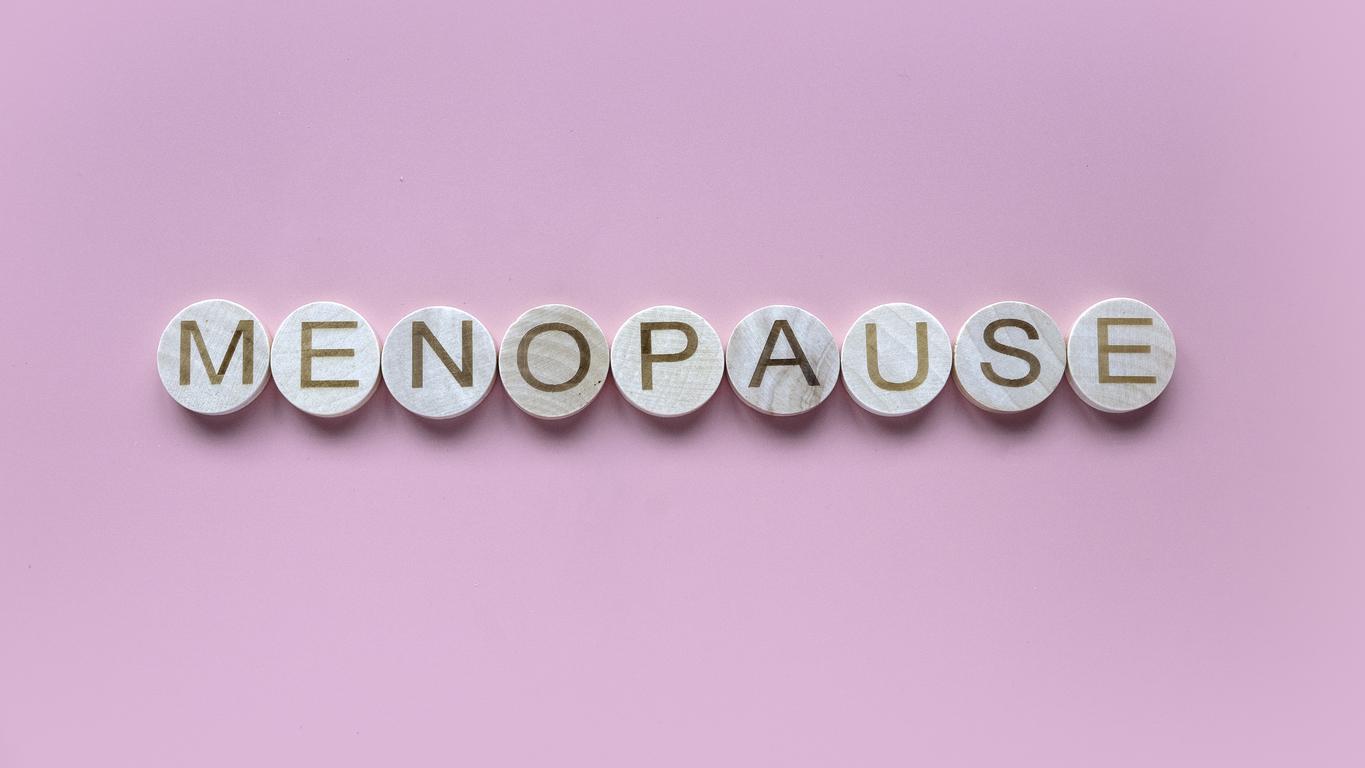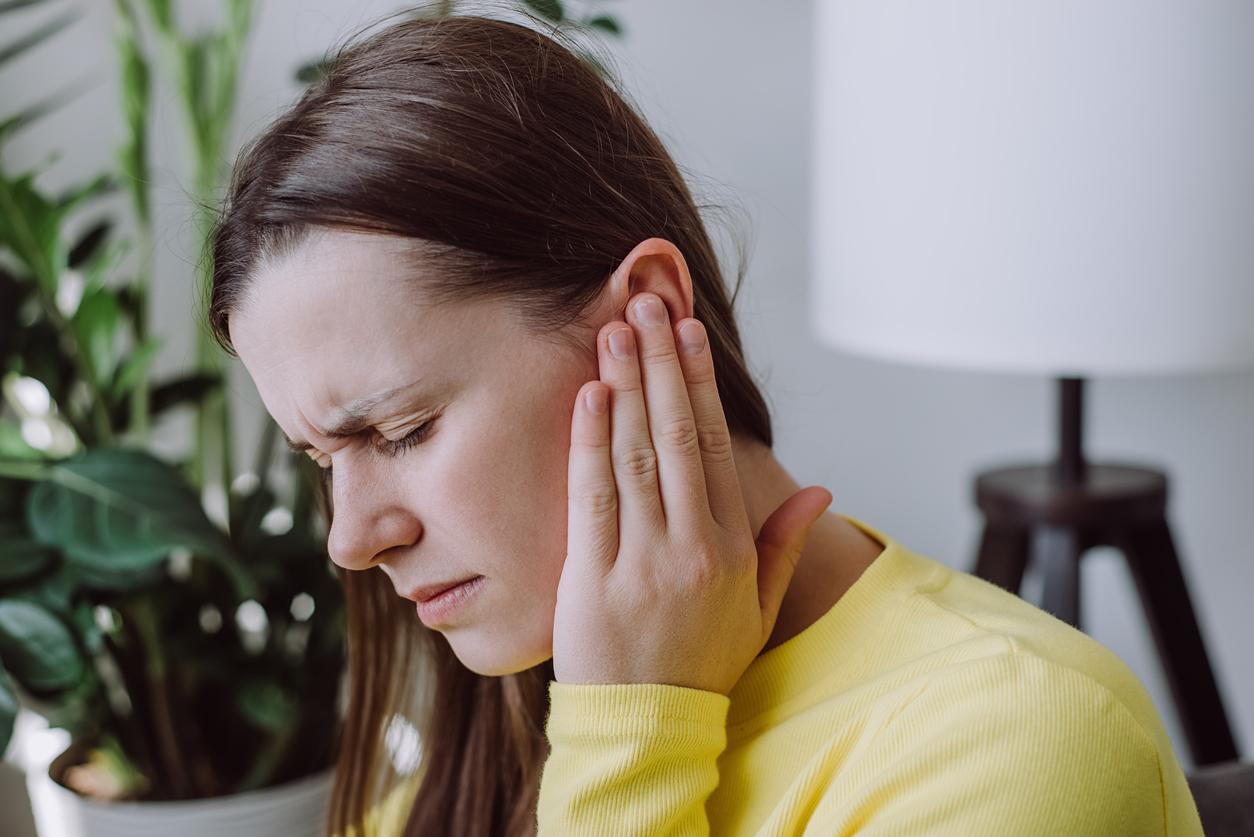Women’s life expectancy is influenced by the age of first menstruation and menopause. Women who are fertile for 40 years tend to live longer and have less diabetes.

Puberty and early menopause have been a growing problem for several years. Endocrine disruptors and environmental pollutants are all causes that influence female reproduction. The consequences can be serious, on life expectancy as well as on health. The follow-up of thousands of American women confirms this. Two studies based on the same cohort, Women’s Health Initiative, deliver converging results: late or early menopause affects the risk of diabetes. It also reduces the chances of living a long time, explain the researchers in the trade journal Menopause.
A hormonal upheaval
The first study is based on the follow-up of 124,000 women for 12 years. On average, their period stopped around 51 years old. The period at which this process takes place is important: when menopause occurs before the age of 46, the risk of diabetes is increased by 25%. Late amenorrhea (after 55 years) has a lesser impact: the probability of developing this chronic disease increases by 12%.
Erin LeBlanc, the main author of this work, advises affected women to “watch their overweight, eat healthy and exercise.” These lifestyle changes will help reduce their risk. This association is largely explained by the hormonal upheaval that occurs at the time of menopause. The sudden drop in estrogen levels is associated with fat gain, increased appetite, slower metabolism and higher blood sugar. Four factors that favor the onset of diabetes.

40-year reproductive cycles
The length of the reproductive cycle, during which the woman can reproduce, is also taken into account. The researchers observed that participants in the shortest cycles – less than 30 years – are 37% more at risk of diabetes. The longest cycles – 45 years and over – also increase the risk by 23%.
Within the range, women are less prone to metabolic syndrome. But they can also hope to live longer. This is what shows the second study based on the Women’s Health Initiative. Of the 16,000 women followed for 21 years, a good half lived for 9 decades. Here again, the age of onset of menopause – but also of the first period – plays a significant role.
“Women whose periods started after 12 years, whose menopause – natural or chemical – occurred after 50 years, and who have had more than 40 years of fertility are more likely to live to 90 years”, explains Aladdin Shadyab, who signs this work. The researcher emphasizes that this population is less exposed to chronic diseases, which could explain the gain in life expectancy. This is because later periods reduce the risk of coronary heart disease. Menopause that is not early increases the chances of being healthy. In fact, the nineties in the study were less likely to smoke or have diabetes.
Changes in the brain
The increased risk of cardiovascular or metabolic pathologies after menopause may have been explained. Hot flashes and night sweats are not the only disturbances caused by the drop in sex hormones. This phenomenon could also be at the origin of the decline in activity of postmenopausal women. A rat study, published in Physiology & Behavior, showed brain damage. Several spleens were placed in a cage with a wheel. When their ovaries were removed, rodents significantly reduced their physical activity. At the same time, dopamine levels have plummeted. The researchers therefore highlight a mechanism at the level of reward circuits, responsible for regulating the feeling of pleasure and motivation derived from physical activity. “The drop in physical activity that leads to weight gain can be caused by changes in the brain,” said Victoria Vieira-Potter, co-author of the study.
.

















